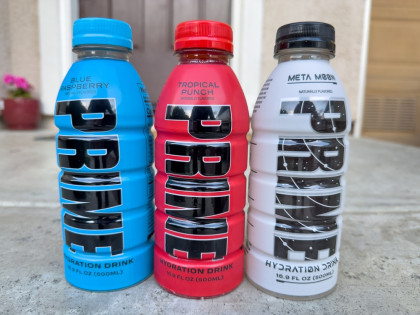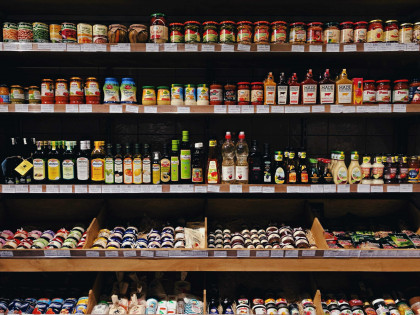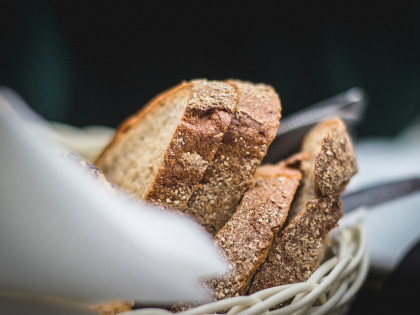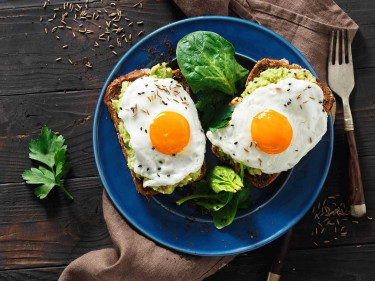Big night, big weekend? Whatever the occasion, excessive alcohol consumption can leave you feeling lethargic and sluggish afterwards, so what are the effects of alcohol on your body? You’ve probably heard the obvious - headaches, nausea and tiredness, but alcohol can have many other detrimental physical and mental effects. With ‘Dry July’ here, we thought it would be a good idea to delve into the effects of alcohol, highlight the benefits of giving up alcohol and give you some useful tips if you’re taking part in the Dry July Challenge or want to reduce your alcohol intake.
Alcohol and the body
It may or may not come as a surprise to you that alcohol is actually a depressant drug, meaning that is delays the messages between the brain and body and affects the way you think and behave. How you react to alcohol depends on your age, gender, weight and body fat percentage, medical conditions, and use of medications.
Health consequences of excessive drinking
Alcohol can be enjoyed in moderation, but too much can have negative short and long term effects on the body and well-being; these are outlined in the table below:
Short term risk | Long term risks |
Reduced concentration | |
Slurred speech | |
Inability to balance | Mental health issues (such as anxiety and depression) |
Increase in risky behaviours | |
Memory loss | Increase risk of cancers |
Hangover | Type 2 Diabetes |
Benefits of reducing your alcohol intake or giving up alcohol
Whether you are giving up alcohol for Dry July or a longer period, there are a number of physical, mental and social benefits. Over 160,000 Aussies completed the Dry July challenge in 2019 and with all these benefits it's easy to see why...
- More money to spend on things you enjoy: It is estimated that the average Aussie household will save over $1600 per year by reducing alcohol intake. Dry July also have an alcohol calculator on their website to help you estimate what you could save this month by going dry.
- Improved mental health: your mental health can improve as alcohol can trigger or worsen existing mental health conditions such as anxiety.
- Reduce kilojoules: alcoholic drinks can contain anywhere from 250-1400kJ depending on total alcohol content and mixers, such as juice or soft drink.
- Enjoy other hobbies: seize the day! There are plenty of other hobbies to do instead of wasting the day with a hangover. This can include cooking, exercise, going to the movies, painting, reading a book or simply taking it easy by curling on the sofa watching TV.
- Improved sleep quality: giving up alcohol can improve the duration and depth of your sleep with fewer wake-ups in the night and a reduction in night-time anxiety.
Tips for Dry July
- Sign up to challenge online to raise money for a number of cancer research organisations and foundations in Australia. Raising money for a good cause is a great way to keep you accountable.
- Get friends and family on board! Having extra support around you will make it much easier to stick to.
- Find alternative activities to do with friends - whether it be a walk, making dinner together, or taking up a new hobby, find ways to socialise without alcohol - you might be surprised at how much better you feel, and how much money you save.
- Arrange early morning catch ups and stick to them
- Get creative in the kitchen and experiment with mocktail recipes. We have developed a range range of iced teas, juices and mocktails so you can still enjoy a drink on the weekend!
Dry July is the perfect way to find out about the fully sober you. If you are doing the challenge, take the time to observe the positive changes in yourself. Reflect on the experience and see if you can take some of these positive habits over the following months. With so many Aussies doing it, you won't be alone. You got this!













